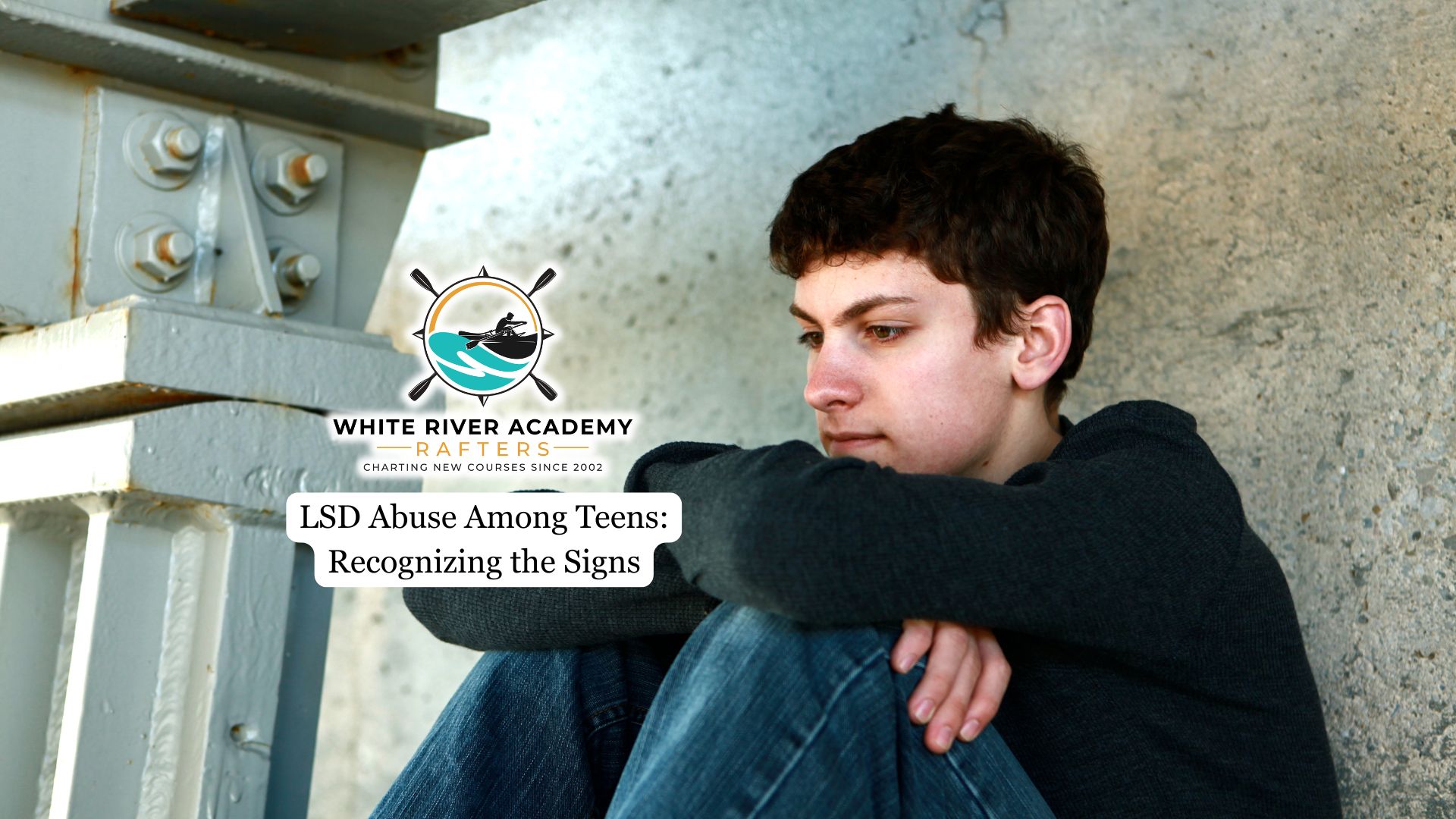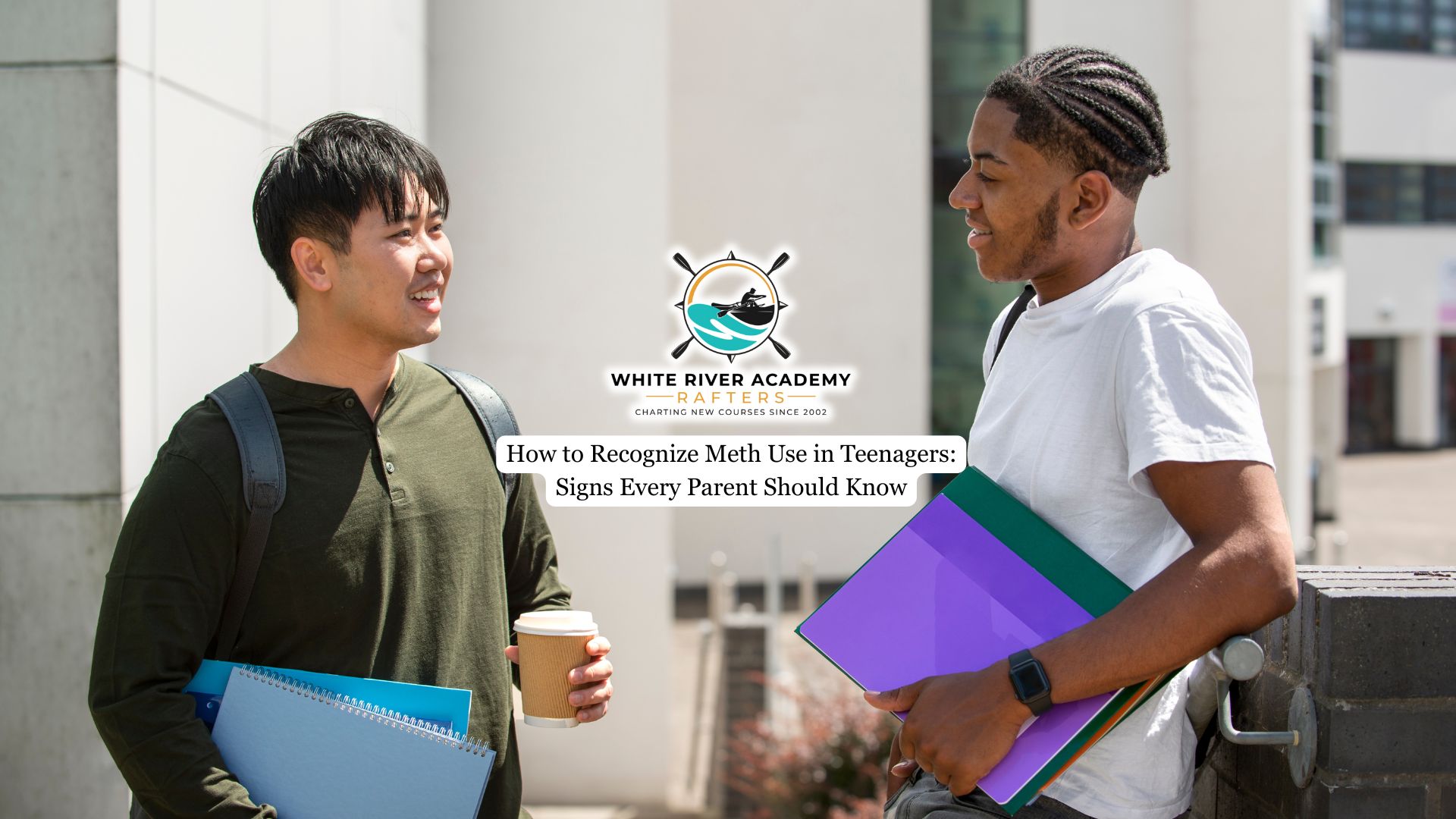Teenage sexual addiction can present itself in several forms, such as excessive use of pornography, compulsive masturbation, or involvement in high-risk sexual activities. Treating sexual addiction in adolescents usually requires a comprehensive approach that includes psychotherapy, engagement with the family, and in some cases, medication. The objective is not only to confront the addictive behaviors but also to promote the teenager’s overall well-being and healthy development.
Knowing what to anticipate can assist both teenagers and their families in navigating this difficult path toward recovery and healthier sexual behaviors.
Comprehensive Assessment and Individualized Treatment Plans
A vital first step in treating adolescent sexual addiction is conducting a comprehensive assessment to develop an individualized treatment plan. Comprehensive assessments evaluate your teen’s sexual behaviors, emotional well-being, and any co-occurring mental health issues.
This information helps create a personalized approach that addresses their unique needs and challenges. Individualized treatment plans incorporate evidence-based therapies like cognitive behavioral therapy (CBT) to target harmful thought patterns and behaviors.
Engaging family involvement is also crucial, as it strengthens support systems and promotes effective communication during the recovery process.
Teens struggling with sexual addiction face a complex journey, but lasting recovery is achievable with appropriate therapeutic intervention and support.
Read more about our sex addiction therapy for adolescents here.
Structured Environment and Behavioral Interventions
When your adolescent enters treatment for sexual addiction, they’ll be immersed in a structured environment that’s designed to disrupt harmful patterns and promote positive change.
This setting provides a safe space for them to focus on recovery, with individualized treatment plans tailored to their specific needs.
Behavioral interventions are a key component, utilizing experiential learning methods to help your teen internalize coping strategies and skills through practical application.
Expect a multi-disciplinary approach involving therapists, medical professionals, and support networks working together to guide your adolescent through the recovery process, ensuring they receive the comprehensive care necessary for long-term success.
Addressing Underlying Emotional and Psychological Issues
Many adolescents grappling with compulsive sexual behaviors may be engaging in these activities as a means of coping with underlying emotional distress, trauma, or mental health issues.
Treatment often involves exploring and addressing concerns such as anxiety, depression, low self-esteem, and past traumas that may contribute to the development of sexual addiction. Therapists work with teens to develop healthier coping strategies, improve emotional regulation skills, and build self-worth.
This process may involve individual therapy sessions, family therapy to address dysfunctional family dynamics, and group therapy to provide peer support and reduce feelings of isolation.
By focusing on these underlying issues, treatment aims not only to manage the compulsive sexual behaviors but also to promote overall emotional well-being and healthy development in adolescents.
Technology and Internet Management
Given the widespread availability of online pornography and digital platforms that can enable compulsive sexual behaviors, technology and internet management is a vital aspect of treating sexual addiction in adolescents.
Treatment typically involves cultivating healthy digital habits and implementing internet monitoring and restrictions. This may include installing filtering software on devices, establishing time limits for internet use, and teaching adolescents about responsible online behavior. However, it’s essential to recognize that these measures alone are insufficient and should be incorporated into a comprehensive treatment approach.
Parents and therapists collaborate to set clear boundaries and guidelines for technology use while simultaneously addressing the underlying issues fueling the addiction.
The objective is to help adolescents develop self-control and make well-informed decisions about their online activities, rather than solely relying on external restrictions.
Developing Healthy Coping Mechanisms and Life Skills
Teens will learn mindfulness techniques to manage urges and anxiety, while life skills training empowers you to navigate social situations without relying on sexual behaviors.
Evidence-based therapies like CBT help you identify and challenge negative thought patterns, promoting healthier responses to stress and triggers.
Engaging in experiential learning activities allows you to practice new coping strategies in a supportive environment.
Ongoing support and aftercare programs are crucial for reinforcing the skills you’ve learned, helping you maintain progress and prevent relapse as you transition back into daily life.

Ongoing Support and Relapse Prevention Strategies
Once you’ve completed the initial phases of sexual addiction treatment, ongoing support and relapse prevention strategies become essential for maintaining your progress.
You’ll have access to alumni networks and support groups that provide a sense of community and shared experience.
Personalized coping mechanisms and skills will be developed through continued therapy sessions, which may last for several months post-treatment.
Regular check-ins with your mental health provider will help identify early warning signs of relapse, allowing for necessary interventions.
Your family’s involvement in ongoing support is crucial, as it provides a stable network and enhances communication skills.
Educational resources and workshops on managing triggers and maintaining healthy relationships will be integrated into your aftercare program to reinforce the skills you’ve learned during treatment.
Final Thoughts from White River Academy
At White River Academy, we recognize the delicate nature of teenage sexual addiction and the specific requirements of troubled young men. That’s why we offer a holistic, integrated approach to therapy. Our residential program provides a secure and structured environment where adolescents can confront the underlying issues contributing to their addiction, develop healthy coping mechanisms, and lay the groundwork for a more promising future. Read more about our residential program.




